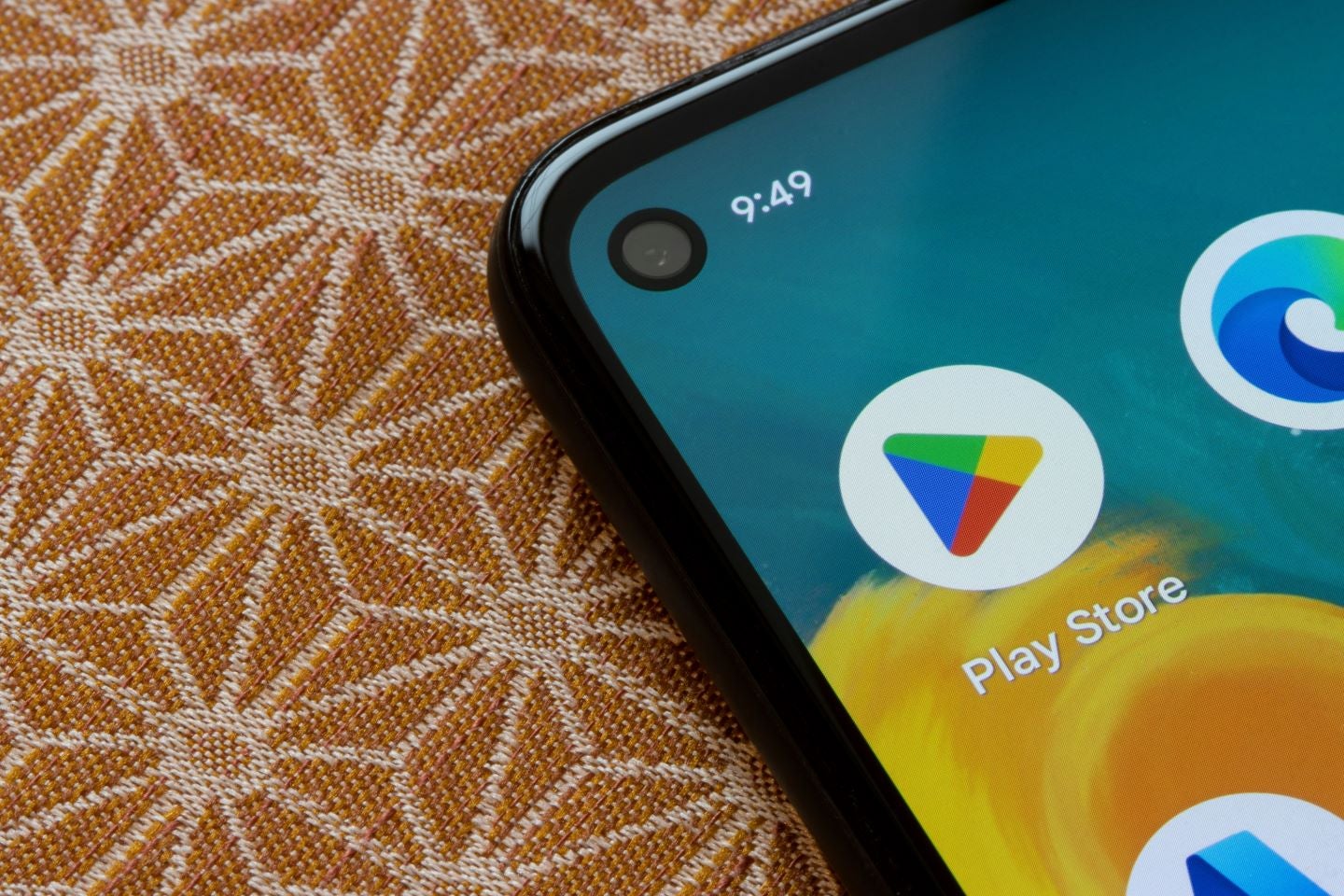
Google has lost its antitrust battle with Fortnite creator company Epic Games regarding the monopolisation of its Play Store. The trial began 6 November.
The verdict was unanimously in favour of Epic Games and stated that Epic Games had proven Google’s app distribution market and in-app billing services were anticompetitive and harmful to Epic Games

Access deeper industry intelligence
Experience unmatched clarity with a single platform that combines unique data, AI, and human expertise.
Writing on its blog, Epic Games stated that today’s ruling was a “win for app developers and consumers around the world” and stated that the court case signified a need for legislation over both Apple and Google’s influence on app markets.
The evidence Epic Games presented, it explained, had proven that Google paid billions of dollars to app developers to abandon creating their own app market place in favour of using the Play Store.
These deals, stated Epic Games, caused over 95% of Android apps to be downloaded via the Play Store.
Music player Spotify even managed to avoid paying commission fees to Google completely, which led to Google arguing that customers would not buy Android phones without the expectation of Spotify’s availability on the Play Store.

US Tariffs are shifting - will you react or anticipate?
Don’t let policy changes catch you off guard. Stay proactive with real-time data and expert analysis.
By GlobalDataGoogle’s VP of government affairs and public policy Wilson White stated that Google planned to “challenge” the verdict.
“Android and Google Play provide more choice and openness than any other major mobile platform,” White stated, “We will continue to defend the Android business model and remain deeply committed to our users, partners, and the broader Android ecosystem.”
It has not been stated just how much Epic Games has won from the trial, however the judge overseeing the trial did clarify that he would not be implementing anti-circumvention legislation against Google, which Epic Games had requested.
“We don’t do don’t- break-the-law injunctions… if you have a problem, you can come back,” stated Judge Donato, as originally reported from inside the courtroom by The Verge.
In its 2023 thematic intelligence report into the tech regulation landscape, research analyst company GlobalData predicted that ex-ante (before the action) legislation may become more common in future antitrust regulations.
The major problem with antitrust laws in the digital industry is that the ruling too frequently happens well after the anticompetitive behaviour has been taken place and results in fines that are only a small fraction of the offending company’s revenue.
“In single-sided markets, the consumer feels the burden of monopoly through higher prices, but this is not easy to establish in multi-sided markets,” the report reads, “these attempts at reining in tech monopolies have had limited impact.”
GlobalData identified that Google had received the largest antitrust related fines of any Big Tech company in the last decade, amounting to a value over $13bn.
Google has also been taken to court this year over its search engine dominance.







